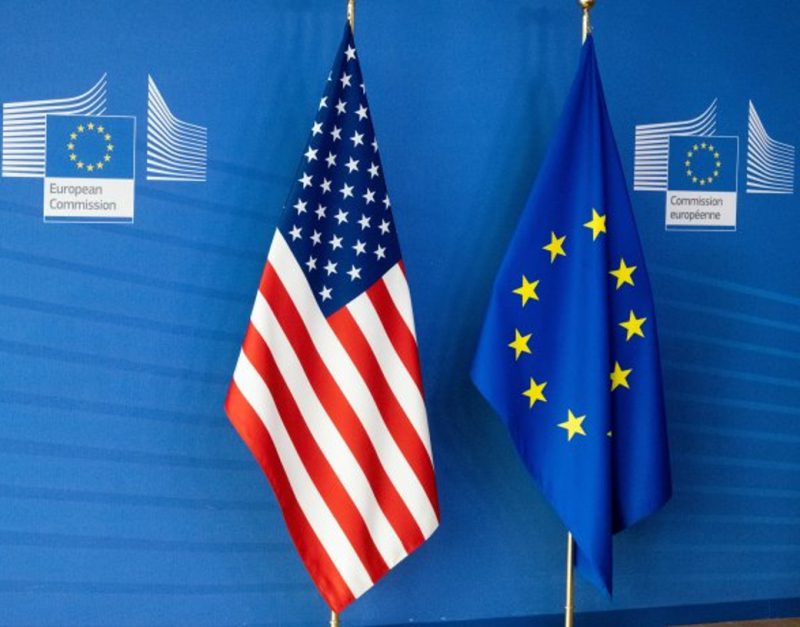The BRICS summit ended on a positive note last month as the alliance took a historic decision to induct six new countries into the bloc. The six countries that will join BRICS are Saudi Arabia, the UAE, Argentina, Iran, Egypt, and Ethiopia. Five countries, except for Argentina, are oil-producing nations that control 42% of the global oil supply. Therefore, the BRICS expansion has ruffled feathers in the U.S. and the European Union, as the alliance is seen as a threat to the Western-dominated financial markets.
Also Read: Not BRICS: Uncontrolled Debt Could Bring the US Dollar Down
BRICS is advancing in its quest for de-dollarization by putting their respective local currencies forward for global trade. The move could hamper the U.S. and European Union economies but strengthen the BRICS member’s GDP.
BRICS Expansion: U.S. & the European Union React
Reinhard Butikofer, the European Union minister from Germany, minced no words by saying that BRICS is establishing itself on matters of global importance. He stressed that all differences between the 11 member nations would be ironed out over time and that they would remain united. He warned that China’s influence will grow across all financial sectors, posing a significant challenge to the EU.
Also Read: BRICS: India Aggressively Dumping the U.S. Dollar, Insiders Say
“The BRICS summit has established historic facts. This will significantly increase the international importance of BRICS, even if there are appreciable differences between its members,” he said. He added, “The character of BRICS will change with this round of enlargement. China’s dominance will increase, and the BRICS will become a clearly authoritarian group.”
On the other hand, U.S. White House Secretary Karine Jean-Pierre also reacted to the BRICS expansion. Pierre remained cautious and did not go all out against BRICS expansion like the European Union leaders’ statement. She revealed that the U.S. will not stop other countries from choosing their partners to trade with. She emphasized that the U.S. is focused on trading with all countries and won’t interfere in their internal affairs.
“US policy does not ask our partners to choose between the United States and other countries. We have repeatedly emphasized that the US does not want to limit countries’ partnerships with other countries. But we want countries to have choices on how to deliver results to their citizens as well,” she said.
Also Read: US to Launch CBDC Currency To Confront BRICS De-Dollarization?





